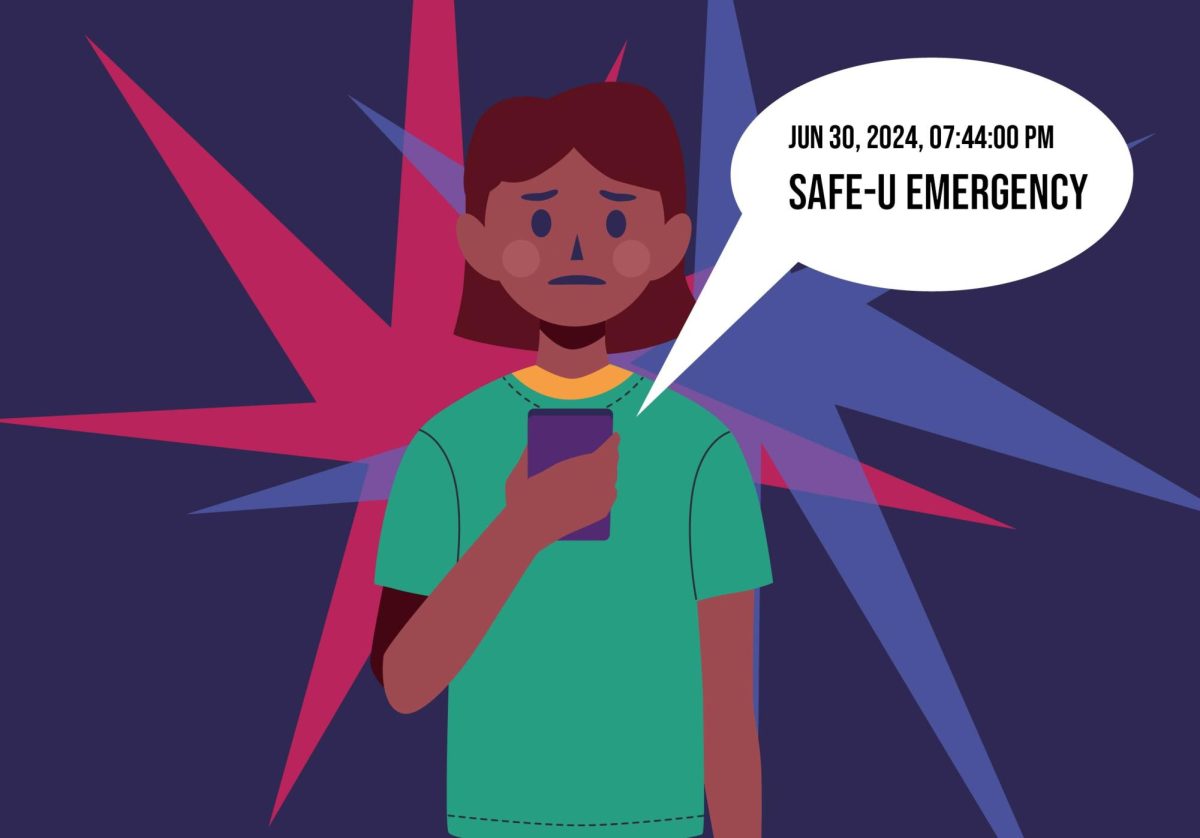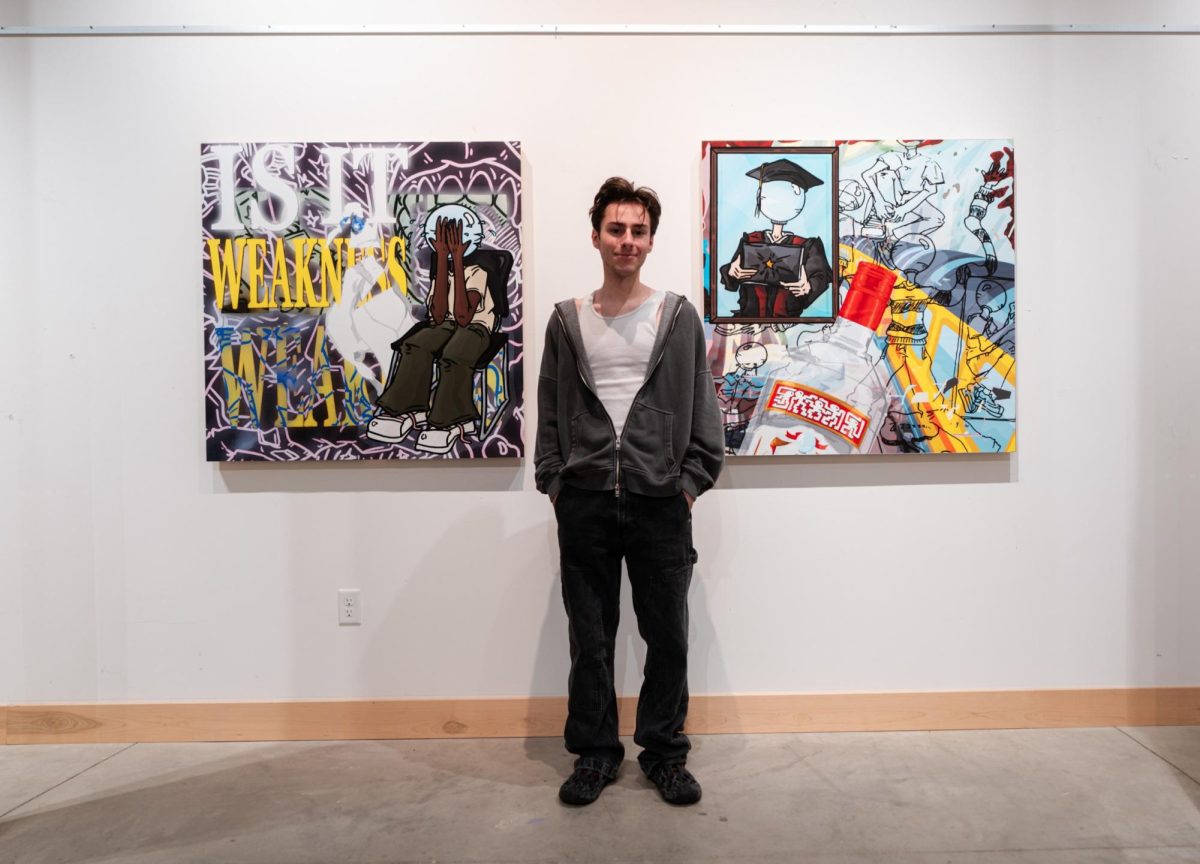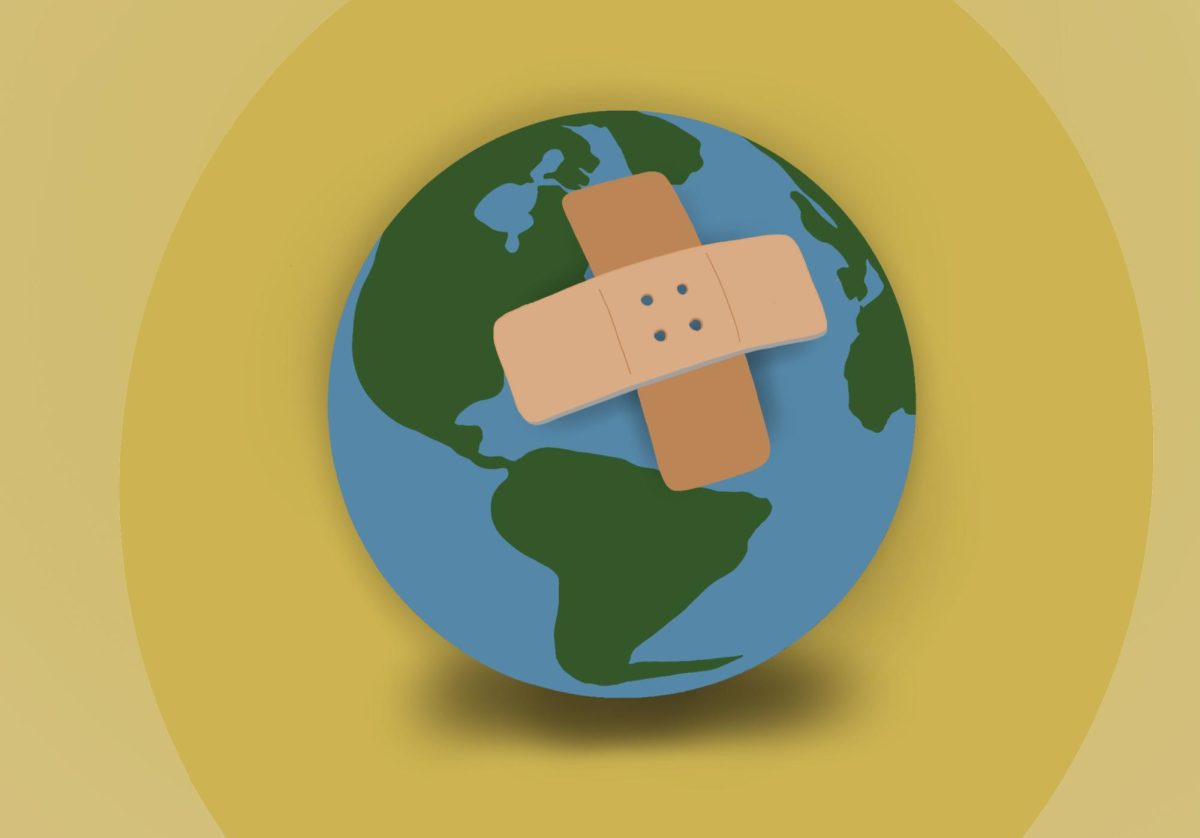At the beginning of the spring semester, University of Minnesota English professor Elizabeth Weixel said she noticed something off about a Canvas discussion post in one of her classes. It was more robotic than the other students’ responses, leading her to suspect the use of a new program that has had many instructors nationwide up-in-arms: ChatGPT.
In November 2022, artificial intelligence (AI) research and development company OpenAI released a chatbot service called ChatGPT. The bot can formulate coherent responses from user-provided prompts. It has the ability to complete almost any task it is asked, from debugging code to writing poetry.
Since then, many universities have begun to address academic dishonesty that has stemmed from students using the bot to complete assignments and exams. Some schools, like the University of Florida, are implementing policies to phase out the use of ChatGPT by holding written exams in class, while others are integrating it into coursework.
Administrators emphasize opportunity
At the University, administrators are still developing plans to address the use of AI in academics.
Kenneth Leopold, chair of the University’s Student Academic Integrity Committee, said although the issue has popped up quickly, the committee will talk with experts at their meetings this semester. Since the end of last semester, University community members have been emailing Leopold with concerns about the potential impacts of ChatGPT.
“At this point, I think it’s too early to articulate policy,” Leopold said in an email to the Minnesota Daily. “Having spoken with people both at the U and at other universities, my general impression is that, while there is certainly some angst about academic integrity, there is also a sense of opportunity in that this technology — if used appropriately — could enhance education.”
Following national trends, many University students have been using ChatGPT for school work and other tasks. In a Minnesota Daily survey sent out to the University student body, more than half of the 179 respondents said they have used the chatbot service before.
With ChatGPT’s long-term impacts ahead, determining its use in academics is still a gray area. Leopold said he recommends students have open and honest conversations with their instructors to determine whether they should use it in their coursework.
While students can use it to cheat on assignments and exams, there are a variety of ways students use ChatGPT, including researching, brainstorming, coding and preparing for job interviews. According to the survey, only about one-fifth of respondents have used the bot to complete school work.
Academic dishonesty policies at the University vary depending on the school and can range from a student failing a class to being expelled.
‘A lot of heartburn’ for instructors
Professors are grappling with how to address student use of ChatGPT in coursework due to its virtually instantaneous arrival to academia. Some instructors are cracking down on students when they suspect the use of a chatbot, but Weixel said she wants to take a different approach.
“It’s bigger than what we’ve seen and considered as traditional cheating,” Weixel said. “I’m trying to wrestle myself with wanting to discourage it. We want to hear students’ own words, but I don’t want to make the assumption that there is always malicious cheating.”
Weixel said she is aware some students will use ChatGPT to cheat on assignments, but she knows AI use is gaining traction and would like to integrate its idea-generating abilities into some class assignments.
According to the survey, about one-fourth of respondents think using ChatGPT on school work is not considered cheating, while more than half responded that it depends on the circumstances.
Jim Hall, an instructor in the University’s Department of Writing Studies, said he recognizes the dilemma teachers are facing with ChatGPT. He said he accepts student use of chatbots to assist in brainstorming, but simply copying and pasting content written by the service is plagiarism.
“It’s causing a lot of heartburn for instructors,” Hall said. “The technology has changed, but the ethics have not.”
After he first heard about ChatGPT in November, Hall said he wanted to test its abilities by using it to write a book. He said it only took him a few hours to write a book on FORTRAN77, a type of coding language. Although it got a few things wrong, he said he found that its strong suit is writing in short bursts.
Some instructors and students are apprehensive about using ChatGPT, viewing it as a threat to human intelligence. Chatbots are capable of a lot, but they have proven themselves to be imperfect. In a recent study, University Law School professors ran an experiment in which they compared the performance of ChatGPT in classwork to other students. The bot received a C-minus.
There are still many unknown implications and uses of ChatGPT, but learning more about AI can benefit students as they prepare to enter a workforce, where they may use these services, according to Leopold.
“People are recognizing that in a few years, students will be using artificial intelligence in their jobs, and it is in their interest for us to give them the experience of using it wisely, effectively and in a manner consistent with the principles of academic integrity,” Leopold said..
In the meantime, instructors and students will have to create dialogues around ChatGPT use in classes, according to Weixel.
“This tool is here and it’s not going anywhere,” Weixel said. “I’m trying to tread a balance of how do we use it, and how do we discourage cheating.”




























Alice Lesch
Feb 8, 2023 at 12:07 pm
I’m not very familiar with ChatGpt, but I thought it doesn’t include citations or references for exactly where it got the information? I like the idea of using it as a template, but changing 98% of the words also seems time-intensive. I don’t think it’s cheating, but I’m concerned that a news article would need properly placed references which I’m not sure ChatGpt does.
Steff Yorek
Feb 7, 2023 at 11:04 am
As an adult with ADHD who as been plagued with issues of procrastination and perfectionism that have really held back my productivity over the years I appreciate the possibilities of ChatGpt. Just yesterday I used it to write a short newsy article for a news letter. I gave it parameters and topic and it spit out an article. I then pasted that article into my document and changed 98% of the words.
Having the form that I needed and not just a blank page to start with made the whole process faster and easier. It helped me skip over the executive functioning problem of how to organize thoughts and proceed with writing.
I am curious of people would consider this to be cheating?